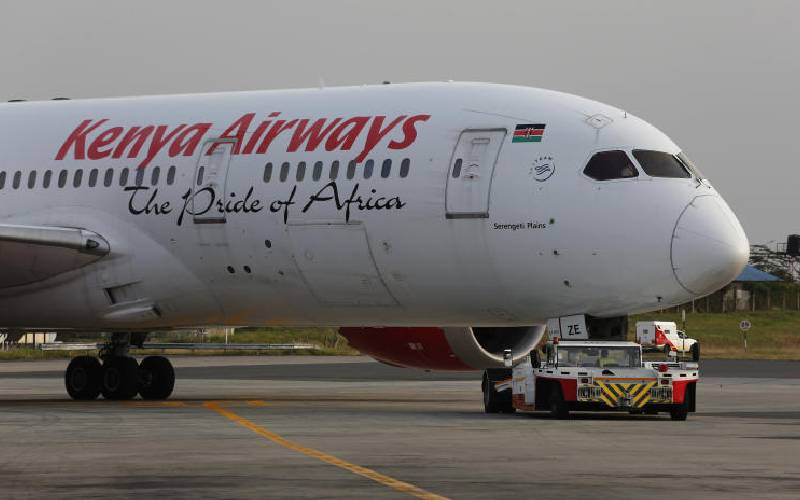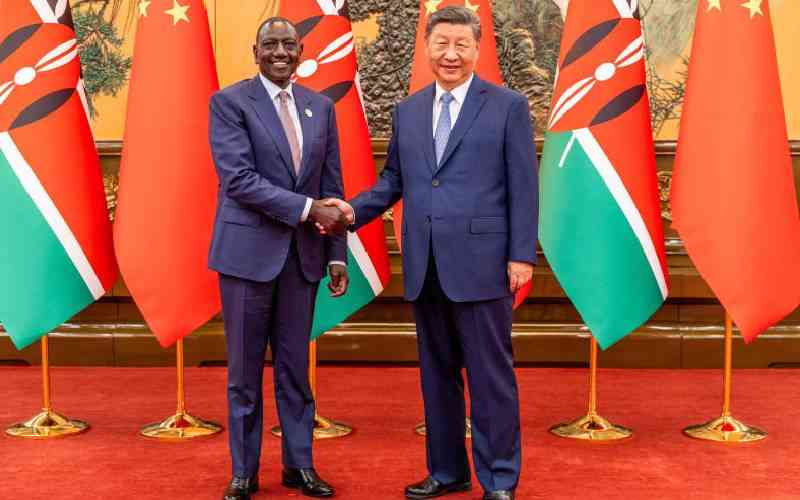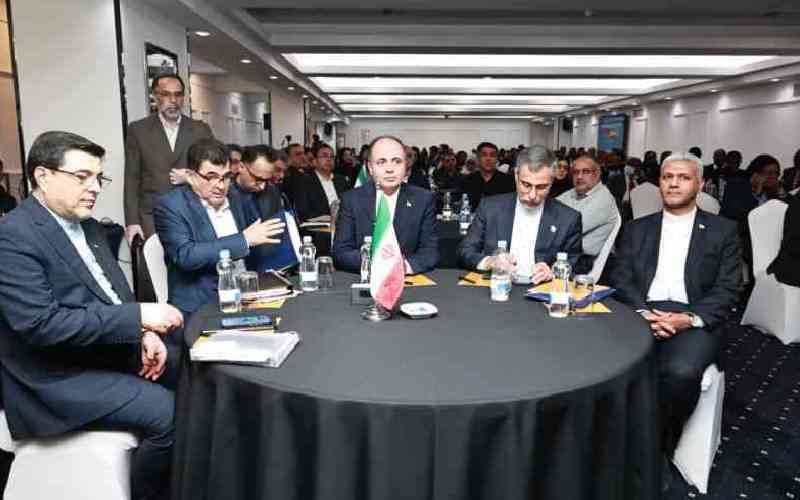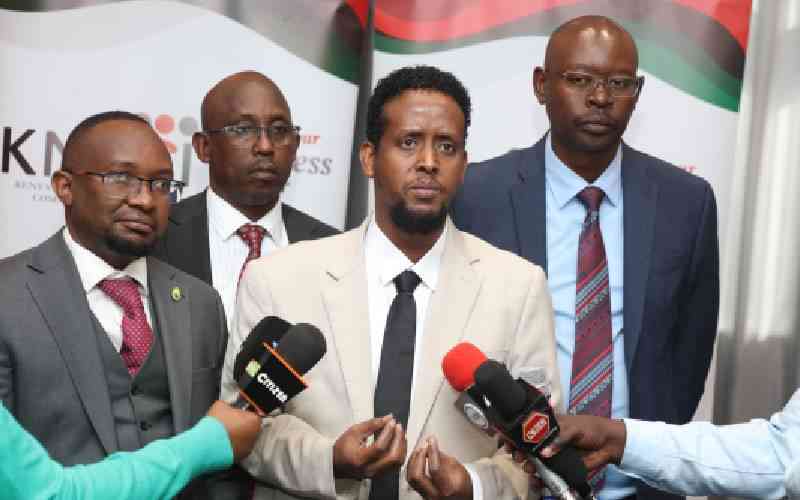×
The Standard e-Paper
Fearless, Trusted News

Palestinian Ambassador to Kenya, Hazem Mohamed Shabat during an Interview with The Standard. [File, Standard]
Palestine Ambassador to Kenya Hazem Mohamed Shabat has urged the international community to expedite the creation of an independent Palestine state to end Palestinians’ suffering.







